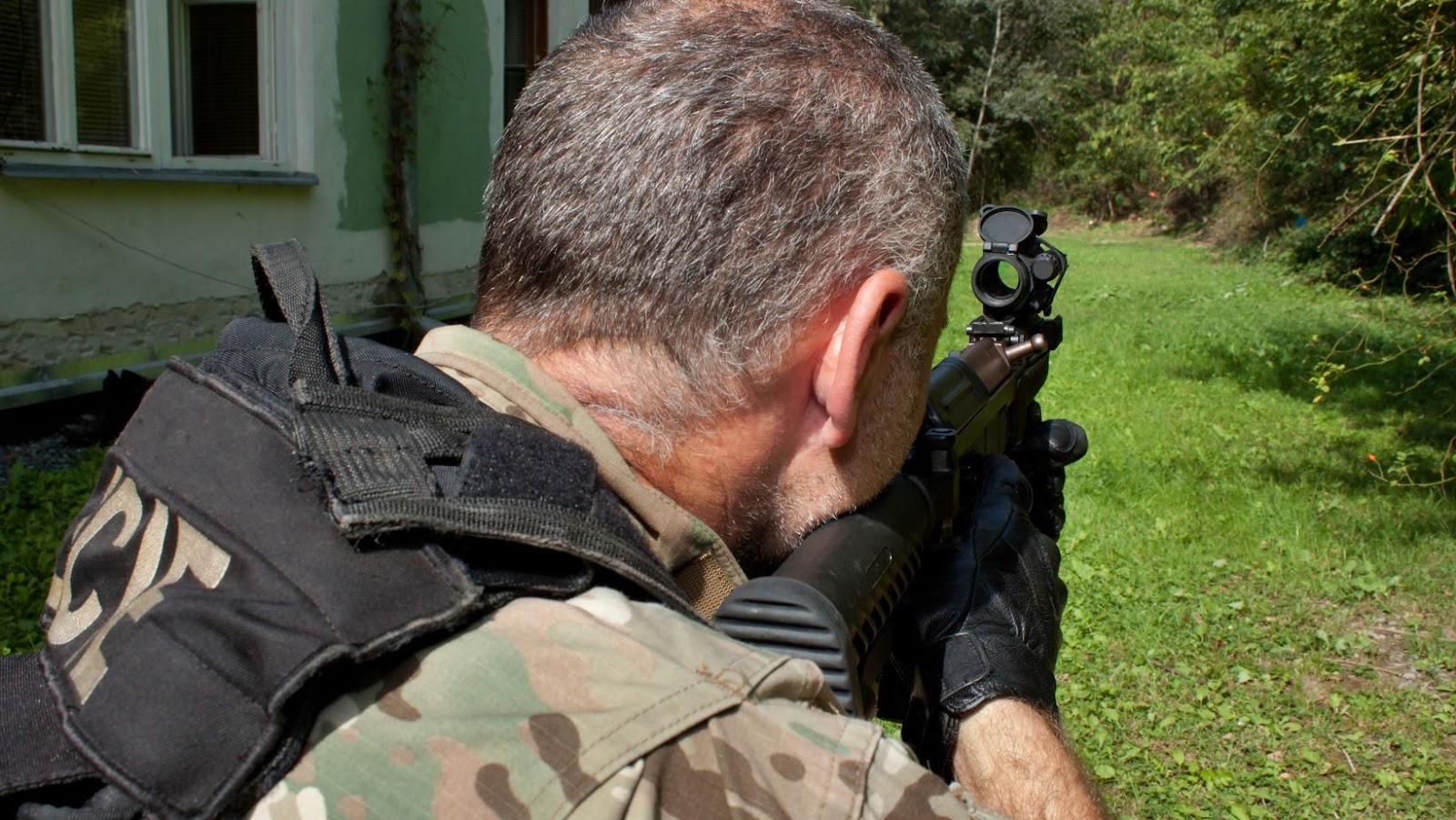 Antiterrorism Level 1 Answers
Antiterrorism Level 1 Answers
When it comes to antiterrorism level 1 answers, there is a need for clear and comprehensive information. As an expert in this field, I understand the importance of providing accurate and reliable guidance on such a critical topic. In this article, I will delve into the key aspects of antiterrorism level 1 answers, addressing common questions and offering valuable insights.
Antiterrorism level 1 training is designed to equip individuals with the knowledge and skills necessary to identify potential threats and take appropriate action. This training covers various areas, including recognizing suspicious behavior, understanding different types of terrorist activities, and implementing preventive measures. By completing this training, individuals can enhance their ability to contribute effectively to maintaining security in their communities.
Remember that it’s crucial to stay up-to-date with current best practices in antiterrorism strategies. The information provided here serves as a valuable starting point but should not be seen as exhaustive or substitute for professional advice. Let’s dive into the world of antiterrorism level 1 answers together!
Overview of Antiterrorism Level 1 Training
When it comes to safeguarding our communities and ensuring the safety of individuals, antiterrorism training plays a crucial role. In this section, we’ll delve into an overview of Antiterrorism Level 1 training – its importance, key components, and its impact on preparedness.
Antiterrorism Level 1 training serves as a fundamental building block in creating a strong defense against potential threats. It equips individuals with the knowledge and skills necessary to identify suspicious activities and respond appropriately in order to prevent or mitigate potential terrorist incidents.
One essential aspect of Antiterrorism Level 1 training is educating individuals on the importance of reporting unusual or suspicious behavior promptly. This encourages a proactive approach towards identifying potential threats before they escalate. Participants learn how to effectively communicate their observations through proper channels so that appropriate actions can be taken by law enforcement agencies or other relevant authorities.
In summary, Antiterrorism Level 1 training serves as an essential foundation for enhancing security measures at both individual and organizational levels. By promoting awareness, encouraging reporting mechanisms, and fostering collaborations between various stakeholders involved in public safety efforts, this comprehensive program contributes significantly towards mitigating potential risks posed by acts of terrorism.
Importance of Antiterrorism Level 1 Training
Antiterrorism Level 1 training plays a crucial role in equipping individuals with the necessary knowledge and skills to prevent, detect, and respond to potential terrorist threats. This training is designed to enhance our understanding of terrorism and its evolving tactics, ensuring that we are prepared to take appropriate action when confronted with such situations.
Here are several reasons why Antiterrorism Level 1 training holds significant importance:
- Heightened Awareness: One of the primary objectives of this training is to increase awareness about potential threats and indicators of suspicious activities. By familiarizing ourselves with these signs, we become more proactive in identifying and reporting any unusual behaviors or circumstances that could pose a security risk.
- Risk Mitigation: Antiterrorism Level 1 training provides us with effective strategies for mitigating risks associated with terrorism. It educates participants on how to assess vulnerabilities within their surroundings, implement preventive measures, and develop emergency response plans. These measures help minimize the likelihood of successful attacks and ensure a safer environment for all.
- Collaboration and Communication: In today’s interconnected world, collaboration among various entities is paramount in countering terrorism effectively. Antiterrorism Level 1 training emphasizes the importance of communication channels between law enforcement agencies, military personnel, government entities, private organizations, and even community members. By fostering cooperation and sharing information promptly, we can enhance our collective ability to respond swiftly and efficiently in times of crisis.
- Preparedness: The saying “Prevention is better than cure” holds true when it comes to tackling terrorism as well. Antiterrorism Level 1 training prepares individuals mentally and physically for potential threats by teaching them essential skills like situational awareness, emergency response procedures, first aid techniques (if applicable), and self-defense mechanisms if deemed necessary.
It is important to note that while Antiterrorism Level 1 training provides a solid foundation in counterterrorism measures, it should be seen as an ongoing process. The tactics employed by terrorists are ever-evolving, necessitating continuous learning and adaptation on our part.